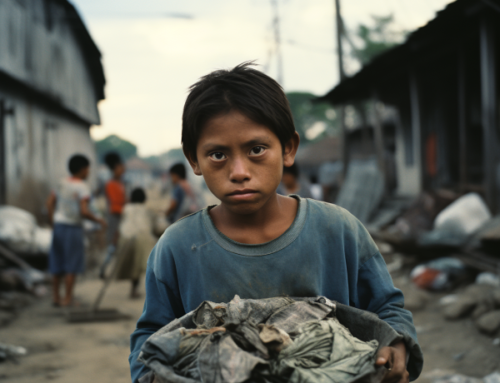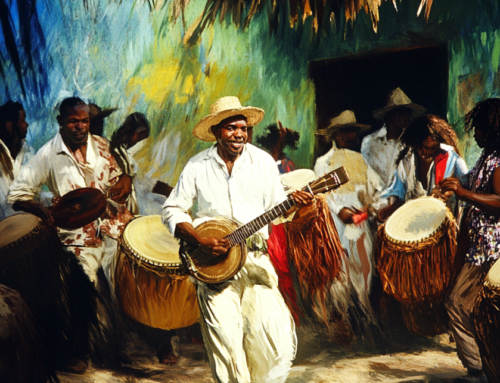Mike Savage of New Canaan, Ct digs into the socio culture of Honduras
Nestled in the heart of Central America, Honduras boasts a rich cultural heritage intertwined with a tumultuous political history. From democratic transitions to persistent social challenges, the nation has grappled with the intricacies of governance and societal issues.
In this comprehensive exploration, we embark on a journey to unravel the layers of Honduran politics and delve into contemporary social issues, shedding light on the country’s dynamic landscape.
Political History of Honduras
The political trajectory of Honduras is marked by a series of transitions and upheavals. Following centuries of Spanish colonial rule, Honduras gained independence in 1821, becoming a part of the Central American Federation.
However, internal strife and regional tensions led to the dissolution of the federation, paving the way for Honduras to emerge as an independent nation in 1838.
Throughout much of the 20th century, Honduras experienced a volatile mix of military coups, authoritarian regimes, and brief periods of democratic governance. The mid-20th century witnessed the rise of military dominance, characterized by the rule of figures like General Tiburcio Carías Andino and the subsequent military coups that followed.
However, the latter half of the century brought glimmers of hope for democracy. In 1982, Honduras saw the end of military rule with the election of a civilian government. Since then, the country has made significant strides towards establishing democratic institutions and processes, albeit amidst challenges such as corruption and political instability.
Contemporary Social Issues in Honduras
Despite progress on the political front, Honduras grapples with a myriad of social issues that continue to shape its societal landscape.
First and foremost is investing in better education to overcome massive poverty.
Poverty and Inequality
- One of the most pressing challenges facing Honduras is the prevalence of poverty and economic inequality. While the country boasts natural resources and agricultural potential, a significant portion of the population lives below the poverty line. Rural communities, in particular, face limited access to basic services such as education, healthcare, and infrastructure, exacerbating the cycle of poverty.
Corruption and Governance
- Corruption remains a pervasive issue in Honduran society, permeating various levels of government and institutions. The lack of transparency and accountability undermines public trust in the government and hampers efforts to address pressing social issues. Additionally, political polarization and patronage networks further complicate governance and decision-making processes.
Violence and Crime
- Honduras grapples with high levels of violence and crime, fueled by factors such as drug trafficking, gang activity, and socioeconomic disparities. The pervasive presence of gangs, such as MS-13 and Barrio 18, contributes to insecurity and instability, particularly in urban areas. Violence not only poses a direct threat to citizens’ safety but also undermines economic development and investment in the country.
Migration and Displacement
- The combination of economic hardship, violence, and political instability has driven significant emigration from Honduras, with many seeking refuge in neighboring countries or undertaking perilous journeys northward in search of better opportunities. The phenomenon of irregular migration poses humanitarian challenges and underscores the need for comprehensive solutions addressing root causes such as poverty, violence, and lack of opportunities.
Honduran politics and social issues intersect in a complex tapestry that reflects the country’s historical legacy and contemporary challenges. While strides have been made in transitioning towards democracy, persistent social issues such as poverty, inequality, and violence continue to shape the nation’s trajectory.
Addressing these challenges requires a multifaceted approach encompassing governance reform, economic development, social investment, and regional cooperation. As Honduras navigates its path forward, understanding the intricate dynamics of its politics and society is essential for fostering progress and prosperity for all its citizens.
ABOUT MIKE SAVAGE OF NEW CANAAN, CT
Michael Savage from New Canaan is the Founder of 1-800 Accountant that helps businesses with their accounting services and needs through cutting-edge technology and customer support. He runs the company alongside CEO Brendon Pack.
In his spare time, Savage enjoys creating unique koi ponds, collecting Michael Jordan sneakers, vintage Lego sets, and admiring muscle cars and unique pop art. He and his wife also spearhead the Savage-Rivera foundation to help impoverished families in Honduras.




